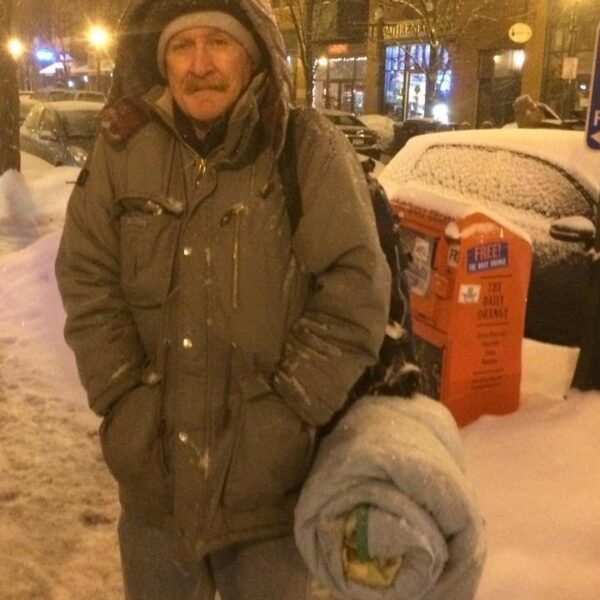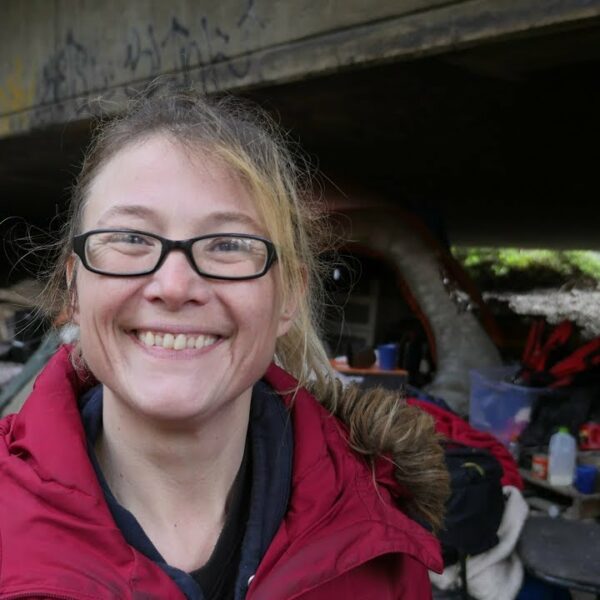As I sit to write my column for the month, it’s hard to know just where to begin on this subject.
September is Suicide Awareness Month. Given the events of 2020 so far, I think it’s especially important to address and acknowledge that this year. This feels like the longest year in history. And at the same time, its flying by as we fast approach a point that marks a whole year since COVID entered our vocabulary.
2020 began with Australia burning. I watched in horror as tons of emissions from all that fire poured into the atmosphere and literally billions of innocent animals were roasted to death.
Then COVID lockdowns began. That part worked in my favor. There were less people around to notice me. It was far more peaceful with few cars on the road and few people roaming around. I might be one person who misses lockdown time. However, it tossed most of the world into a deeper financial crisis, so I am not dismissing lockdown. Furthermore there is deep unrest on so many fronts and it extends beyond the U.S.
This certainly seems like a good year to address suicide awareness. But what is “suicide awareness”? I mean, everyone is aware there are people who commit suicide? What is the awareness that needs to be raised, then?
My column is not about facts and figures regarding homelessness. It’s about lived experience. It’s about my experience. About reality. So here is a figure that is reality:
Suicide is the second most common cause of death among homeless people (and those numbers are likely to be much higher than reported).
That should not be very surprising. I often argue that suicidal thinking is not always due to clinical depression as is so often believed. In my mind, awareness needs to be raised about that. It also needs to be understood that while you might not personally condone it or even understand why anyone would want to die, more people need to understand that the stigma and the judgment that comes with suicide needs to end.
Suicide is one of the most misunderstood things in life. It’s also a taboo thing to discuss. When someone famous dies from suicide, the subject is then thrust into the limelight for a bit. People are sad, shaken and maybe even angry at the victim for their action. People accuse the victim of being selfish and argue they didn’t have to take this course of action.
Robin Williams’ death by suicide is still discussed today. It shook so many people. I recently saw a video about it intending to raise awareness for depression and mental health. However, at no time in the video did they bother to mention certain facts that I believe need to be understood.
Clinical depression is based on a medical condition. Even reaching the greatest of success materially cannot resolve it. One needs treatment and therapy.
However, Robin Williams suffered with depression for many years. So when the news broke, I wondered if there was more to it, and I was right. He had Parkinson’s and dementia.
The man who adopted and raised me had the same condition. One of my best friend’s father also had this condition. Toward the end, her father used his last strength to drag himself up two flights of stairs to the roof and then jumped off. She was devastated. But in time, she defended his choice to everyone. She only wished that euthanasia had been an acceptable option for him, so he didn’t have to resort to such a horrible choice.
I read that in his last years of film making, Robin Williams was having difficulty with mobility and remembering lines. Knowing how intelligent and quick witted this man had always been, could you imagine how he felt. His career was stopped short and his family faced the horror of watching a loved one wither away with a dying brain and a dying body?
Some said this was a selfish act. But as my friend pointed out in her case with her father, it was a selfLESS act in the end. It saved her family from total financial ruin and the horrors of dealing with ongoing long-term care. It also ended his daily suffering, which at the time of his death, had already become intolerable to him. She came to peace and understanding with his choice to die, but continued to feel that no one should have to choose a painful method because the same euthanasia given to beloved pets is not allowed for humans.
You might argue that these are end-of-life health related situations and argue that its not the same thing. I disagree.
For so many homeless people, life is intolerable. There is no way out of the misery except to die. Sure, there are some people in that situation that are able to stay strong and positive. But for so many, this is not possible. Some people see the situation as a no-win scenario. Others see it more as a spiritual challenge to figure out how to joyfully participate in the sorrows of life. For many, however, there is only the cold, hard logic and facts.
Throughout all of human history, no one ever cared about the poor and they certainly don’t today. Our world is completely driven by greed, corruption and short-sightedness. More and more people fall into poverty and homelessness every day. Is it really so difficult to understand someone’s choice to commit suicide rather than to live year after year in a tent or a car or a cardboard box on the sidewalk? The human body simply wasn’t designed for this.
Waiting lists for housing can be over seven years long!
Shelters are often dirty, dangerous places that women, especially, do not want to sleep at. Many low income buildings are rejecting people who have no employment or credit. They favor lower income working people over disabled or elderly. In other words, many people who are homeless will die on the street before even being placed into a home. How can anyone judge somebody in that situation?
More than ever, poor people are priced out of life! As I write this in 2020, I know many agencies working with low income people have had their budgets severely cut. Real estate is being gobbled up and flipped then sold for much more money or rented out as luxury apartments. I’ve always wondered, where are all these people who can afford to live in luxury apartments?
The point is, there is far too little in the way of solutions and suicide is sometimes seen as the way out of daily, endless suffering.
Many homeless people who choose this option never suffered from a lifetime of mental illness or clinical depression. They were living a normal life when suddenly disaster strikes and sends their whole life into the abyss. They found themselves in a whole new, very dark world where nobody can help.
One might argue that anyone who chooses suicide should be pitied and shown compassion. Whether clinical depression, situational depression or an assessment of unfortunate circumstances, if a person sees suicide as the best option then it warrants compassion and sympathy.
Some may ask, “Why are you condoning and defending suicide?”
Actually, I neither condone it nor disapprove of it. I simply feel that people who are, for whatever reason, driven to that decision, should not be lumped into the same basket and given harsh judgement by society. I am not even writing about suicide in general, but about homelessness and suicide specifically. We won’t end suicide as the second leading cause of death among homeless people so long as society continues to function as it does now – with no end to poverty.
Many more people have become homeless in 2020 due to COVID-19. The fact is, so many working people in America have no way to put money aside for disaster. They live paycheck to paycheck being “nickel and dimed” with fees, being forced to replace cheap goods, clothes and appliances that are designed to be “disposable”, not to mention medical costs, ever rising food prices, and the high cost of owning a vehicle, just to name a few things. Now add the ever sky-rocketing cost of rent.
Some knew disaster would strike eventually. Others stick their heads in the sand and refused to acknowledge it. Either way, you might be one paycheck away from total disaster and might suddenly find yourself among the growing ranks of homeless people. If you are disabled, have no family to help you, have no way to earn a living, you might find yourself sitting in your car or tent or park bench thinking about death. Maybe you will never actually go through with it. But there is a real comfort in knowing there is a way out if all else fails. Like the quote from philosopher Nietzsche:
“The thought of suicide is a great consolation: by means of it one gets through many a dark night.”













